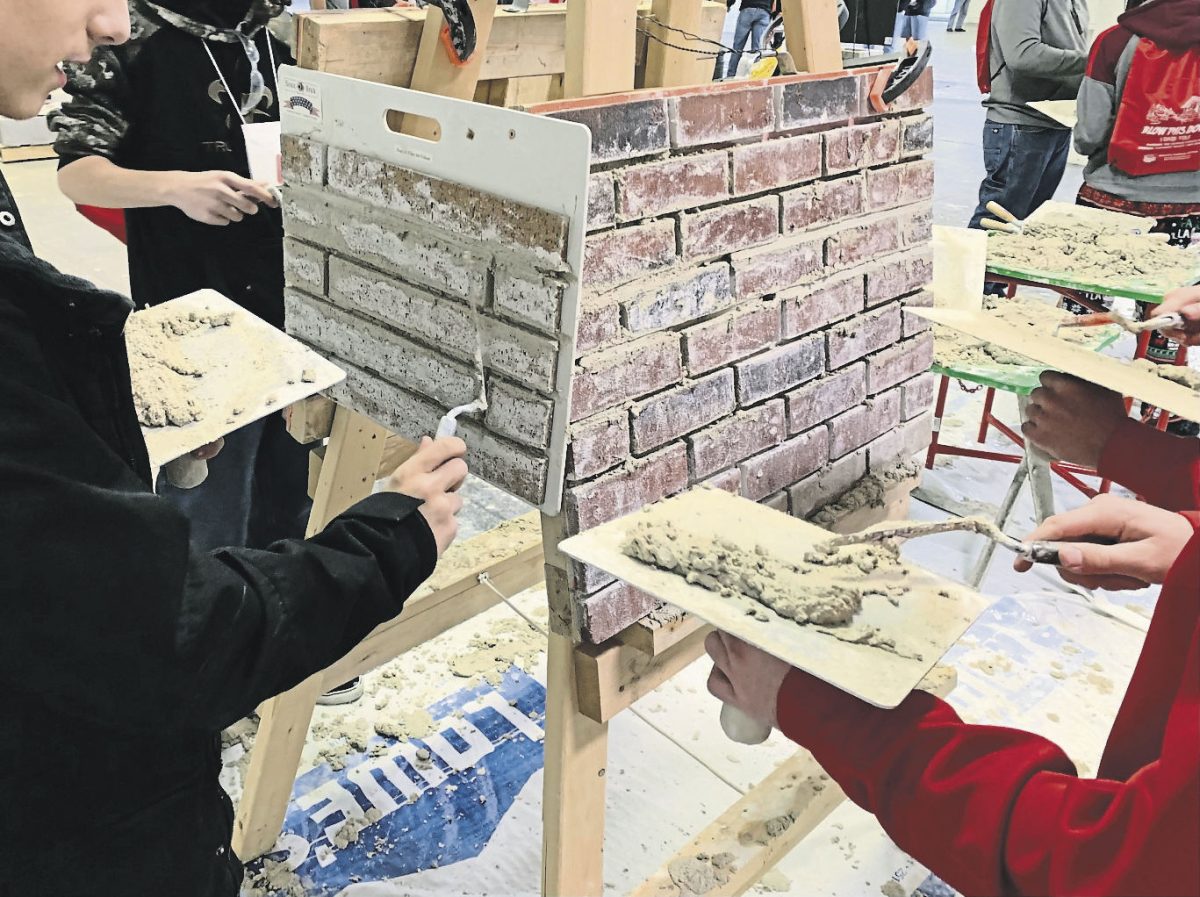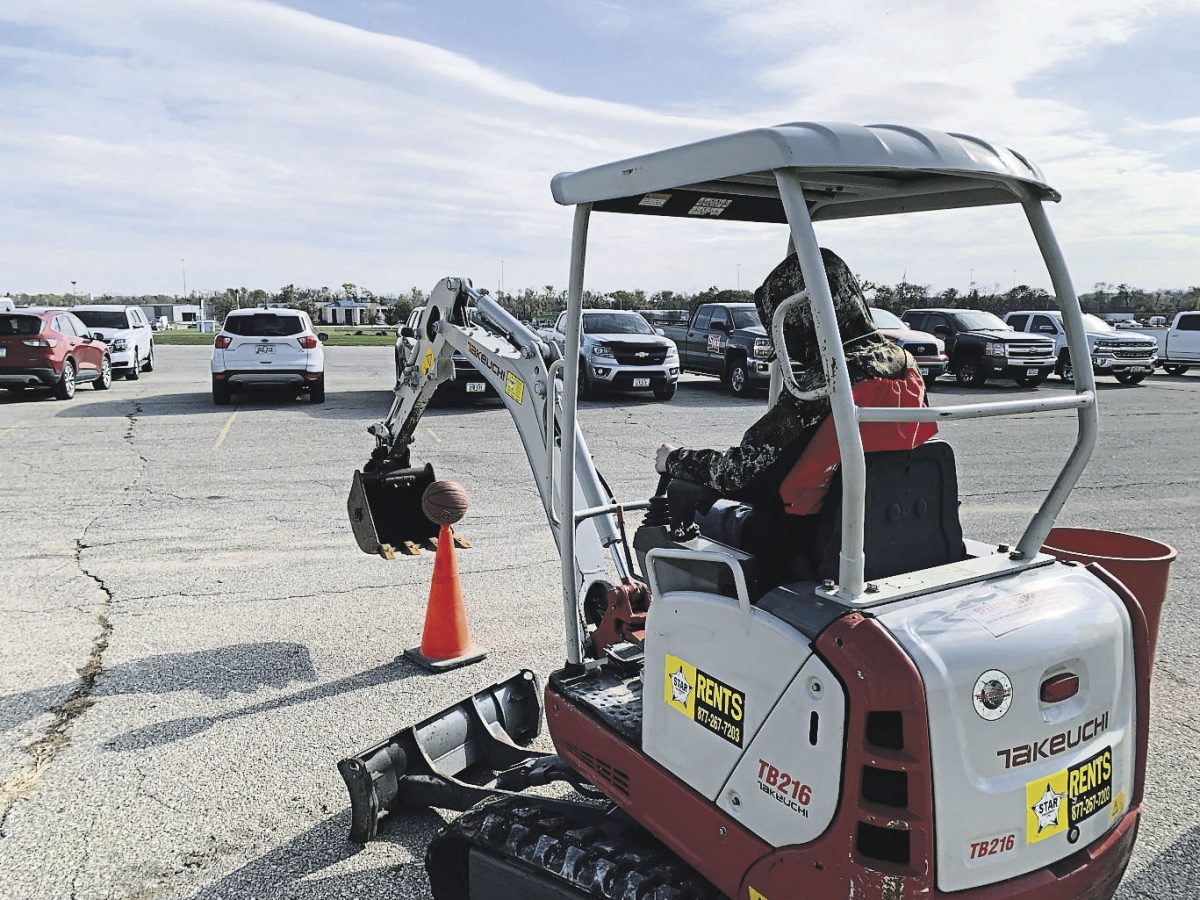While it’s only been at Lisbon Schools for a single school year, Kirk Wischmeyer noted that roughly more than 50 percent of Lisbon’s student body has taken part in a career technical education class tied to the Industrial Arts program.
“Those numbers are only going to increase, as we have more middle school students who will take part in exploratories in the program in the past year,” Wischmeyer said.
For Wischmeyer, every project that students complete is a testament to the success of the program.
“Even something as simple as a birdhouse that was constructed at the class, that simple project means students would have had to touch and learn on at least eight different tools in order to construct,” Wischmeyer said.
He’s even had students complete more complex projects, like a replica bench for one grandparent’s home, similar to one the grandfather had built himself in shop class years before, constructed by his grandson.
Wischmeyer said that the tool and equipment purchase at the top of the class has benefitted him and students, and give students chances to work with state of the art equipment.
The one issue that Wischmeyer is currently encountering – the weight room converted to a shop room is too tight for the industrial arts program moving forward.
“As this program grows and attracts more students, we’re going to need more croom for the shop and classroom space,” Wischmeyer said.
That’s one of the challenges that Wischmeyer knew the program would have, and the fact the classroom space compared to the shop space is a distance away has increased travel time for him or students in a class period.
Still, Wischmeyer said that the community buy in and support of the program has been huge and appreciated, from Hills Bank supporting students who were a part of industrial technology during their high school careers with the purchase of Carhartt winter jackets, to a $1,500 donation from local IBEW local 405 to help purchase needed supplies.
Even the field trip opportunities have opened student’s eyes to the differences of trade labor practices, from running a fork lift to the difficulty of completing tuckpointing successfully.
Wischmeyer anticipates $5,000 would be what is needed for supplies like lumber and other elements for the next school year to keep the program going.
Lisbon secondary principal Aaron Becker has been pleased with the program’s success.
“We knew this was an area of need for our students, and I’ve got to commend the board for stepping up to give this program a chance,” Becker said. “When you step in some of his classes, you learn something new as an adult as well. It’s great to see a wide variety of classes using all the tools possible in a class period, from someone staining or painting one of their projects, to other students sawing or constructing a project.”
Wischmeyer noted that every student who participates in one of the classes has opportunities to guide them in their post high school plans.
“One direction of classes helps students prepare for time in the trade skills, while the computer aided drafting and other engineering based classes help prepare them for studies involving college studies,” Wischmeyer said.
Lisbon school board member Abbe Stensland commented it was great to see her son Isaac connecting with is grandfather over woodworking projects on Christmas break.
“It’s fun to see our students interacting with a loved one on a completely different level,” Stensland said.
A Lisbon Industrial Arts student works at using a small backhoe to manuever a basketball off a construction pylon at a field trip earlier this fall.


